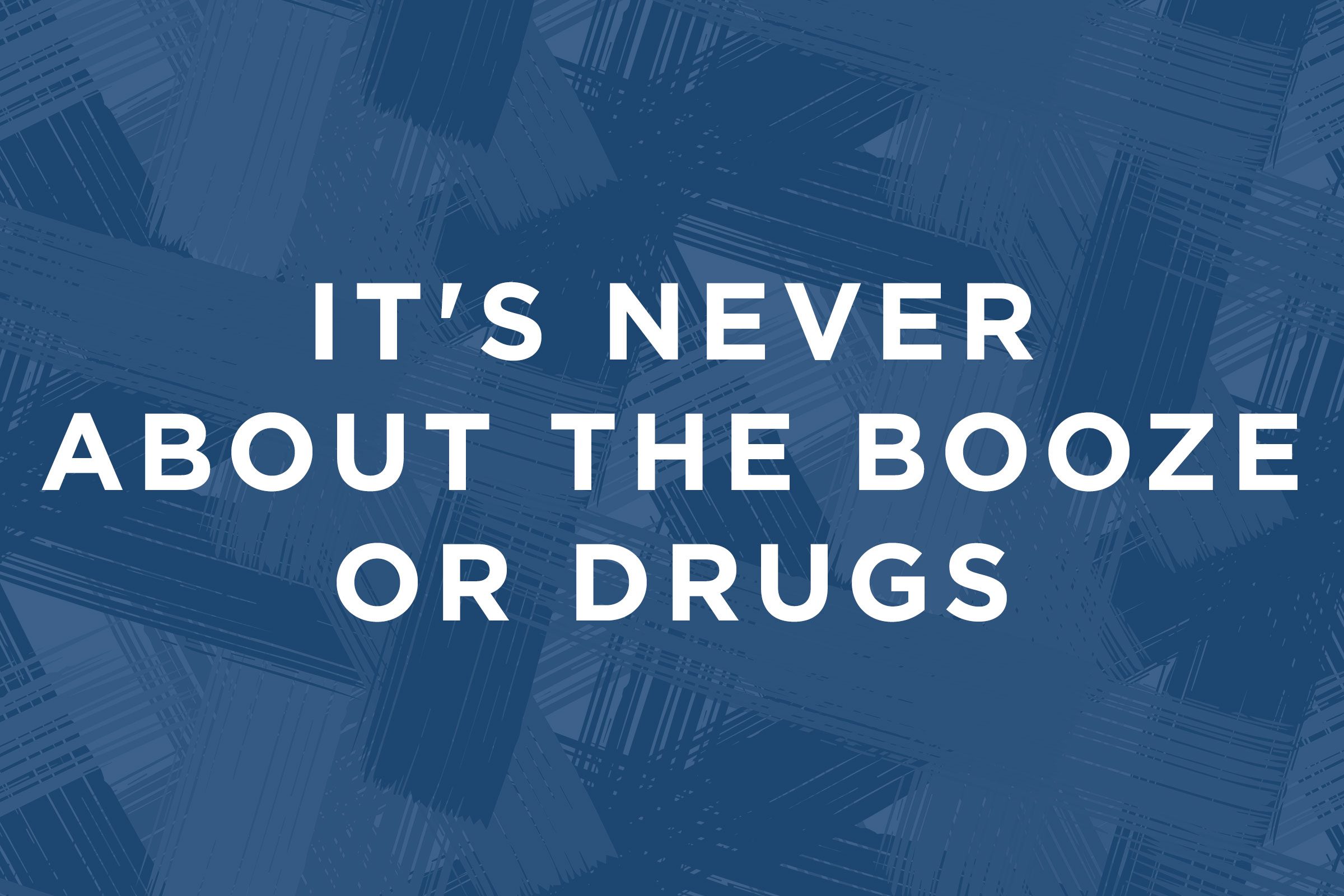
What’s the underlying issue?
“Though there is a biological and psychological component with most addictions, much of the healing is looking at the underlining issues contributing to engaging in the behavior—most addictions are byproducts of other issues. Seeking counseling services which will work to investigate these issues, rather than focusing solely on the addiction, will have longer lasting positive results.” —Kent Provost, PhD, licensed therapist and addiction specialist in the College of Counseling, Psychology & Social Sciences at Argosy University in Chicago. Addiction or not, here are more signs you should consider therapy.
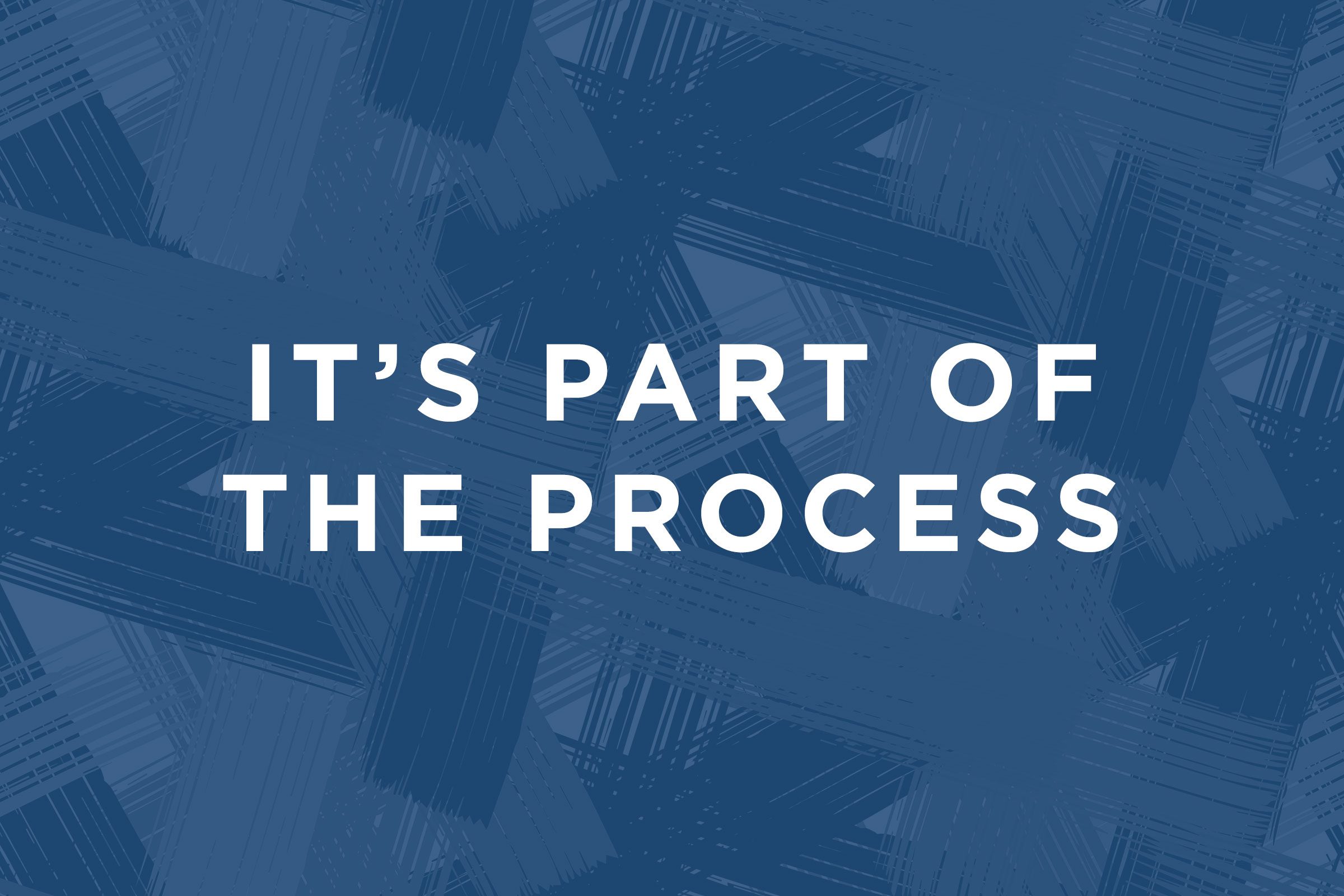
You’re going to relapse
“Relapse is just part of the process of recovering from an addiction and there’s no shame in that. You can fall a thousand times but if you stay committed to the path of healing, you will make it up. Addicts crucify themselves when they fall down. Don’t waste energy on that, just get up and try again.” —Audrey Hope, addiction counselor and host of Ask Audrey Now
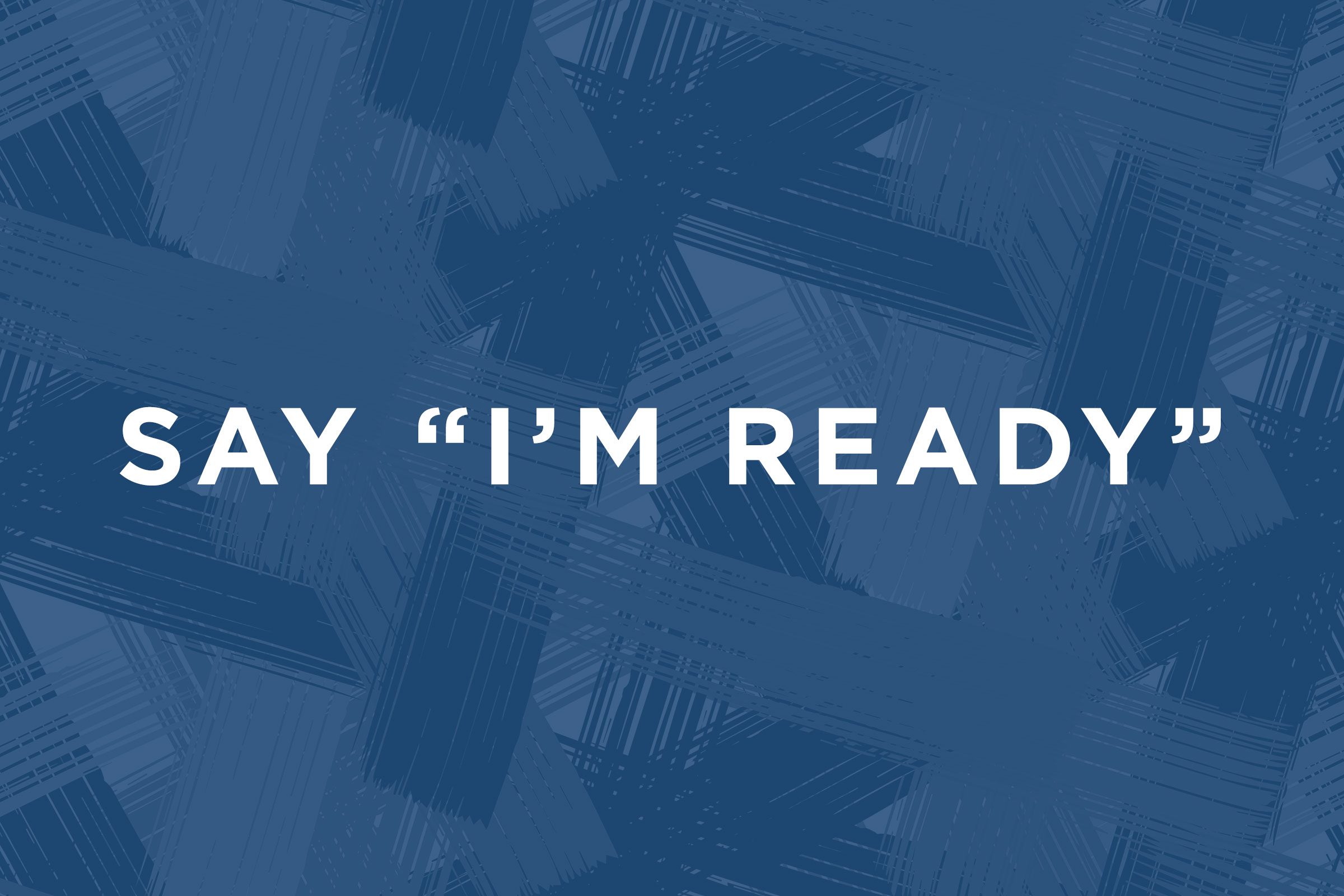
The most important first step?
“Let the people that care about you know what is going on as you will need their help. There are logistical issues that need to be handled once you’ve made the decision to seek treatment. You need to call your insurance company to find treatment centers that accept your insurance and then read the reviews on them. Make sure weekly individual therapy is part of the treatment plan and that they have licensed staff.” —John Templeton, president of Footprints Beachside Recovery Center.
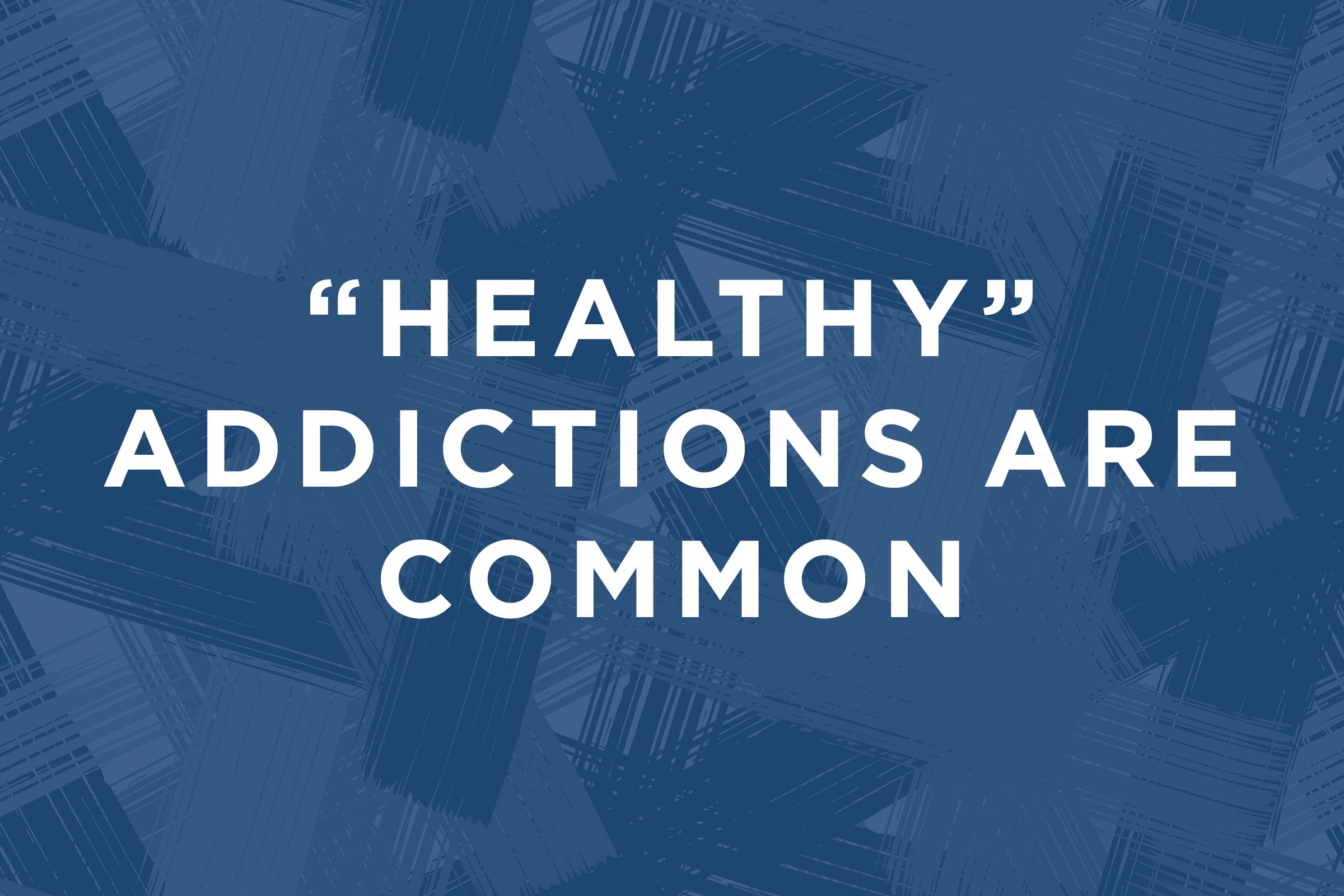
You can trade one addiction for another
“It is not uncommon for someone in recovery to suddenly stop the unhealthy addiction and substitute a ‘healthier’ one. These can include things like excessive working out or spirituality or religion. Rather than work through possible deeper, underlining issues related to the addiction, the person transfers in a more obsessive way, to these other engagements which then consume their thoughts and time, and can jeopardize some of their relationships with others similar to the original addiction.” —Dr. Provost. Learn which group is most likely to take and get addicted to prescription opioids.
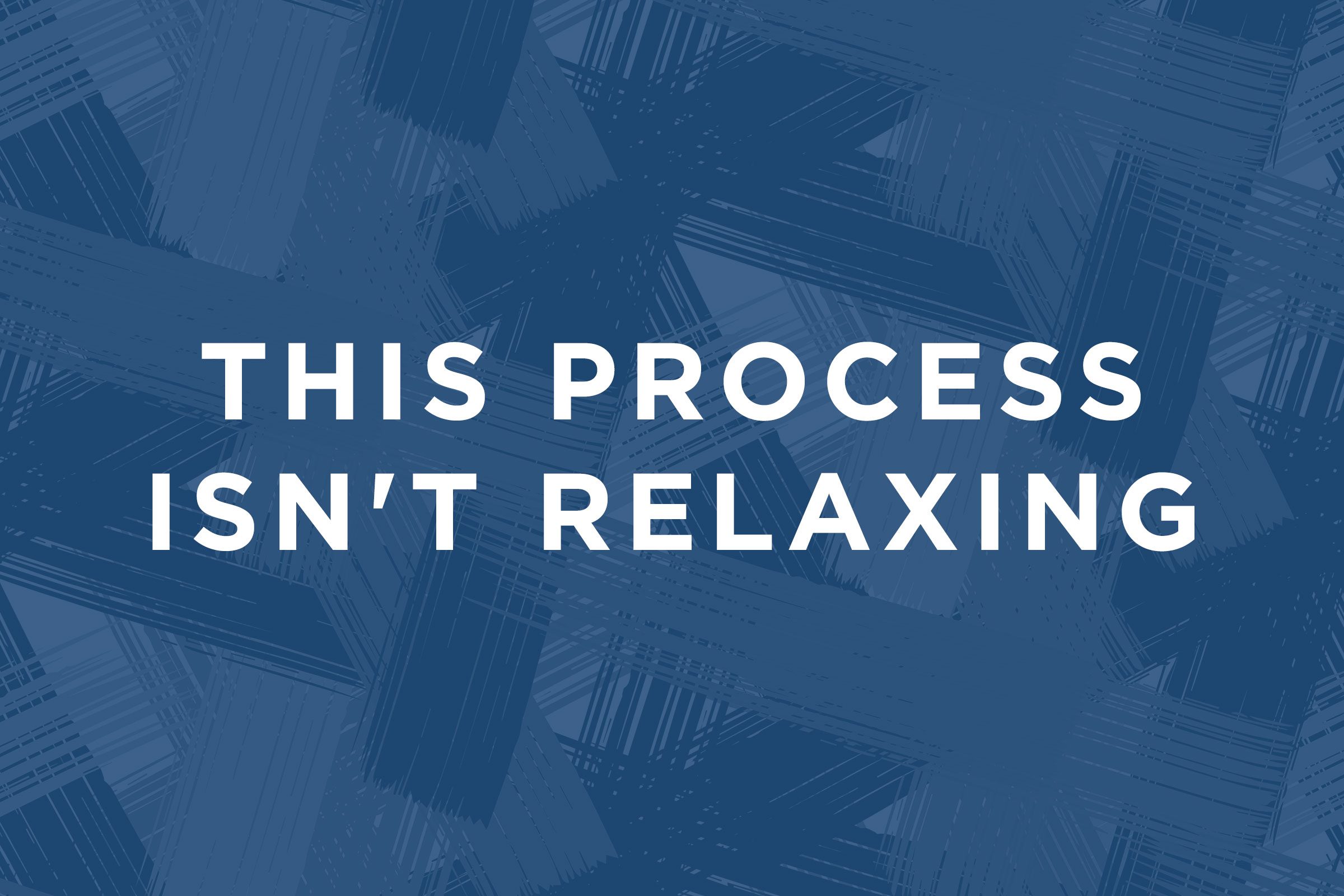
We aren’t a spa
“Some people believe that the entire experience of getting well should resemble a day at the spa. Addiction is one of the toughest battles someone could ever face, and they need to be willing to work. Massage therapy, yoga, and beach walks are all therapeutic but the rubber meets the road when clients are willing to explore past traumatic experiences. They must be willing to look at themselves in a light that is not always so pleasant and be willing to listen to qualified staff to find ways and tools to change those behaviors. Successful treatment requires hard, hard work.” —John Templeton. These recovery quotes will help keep you motivated and on track.
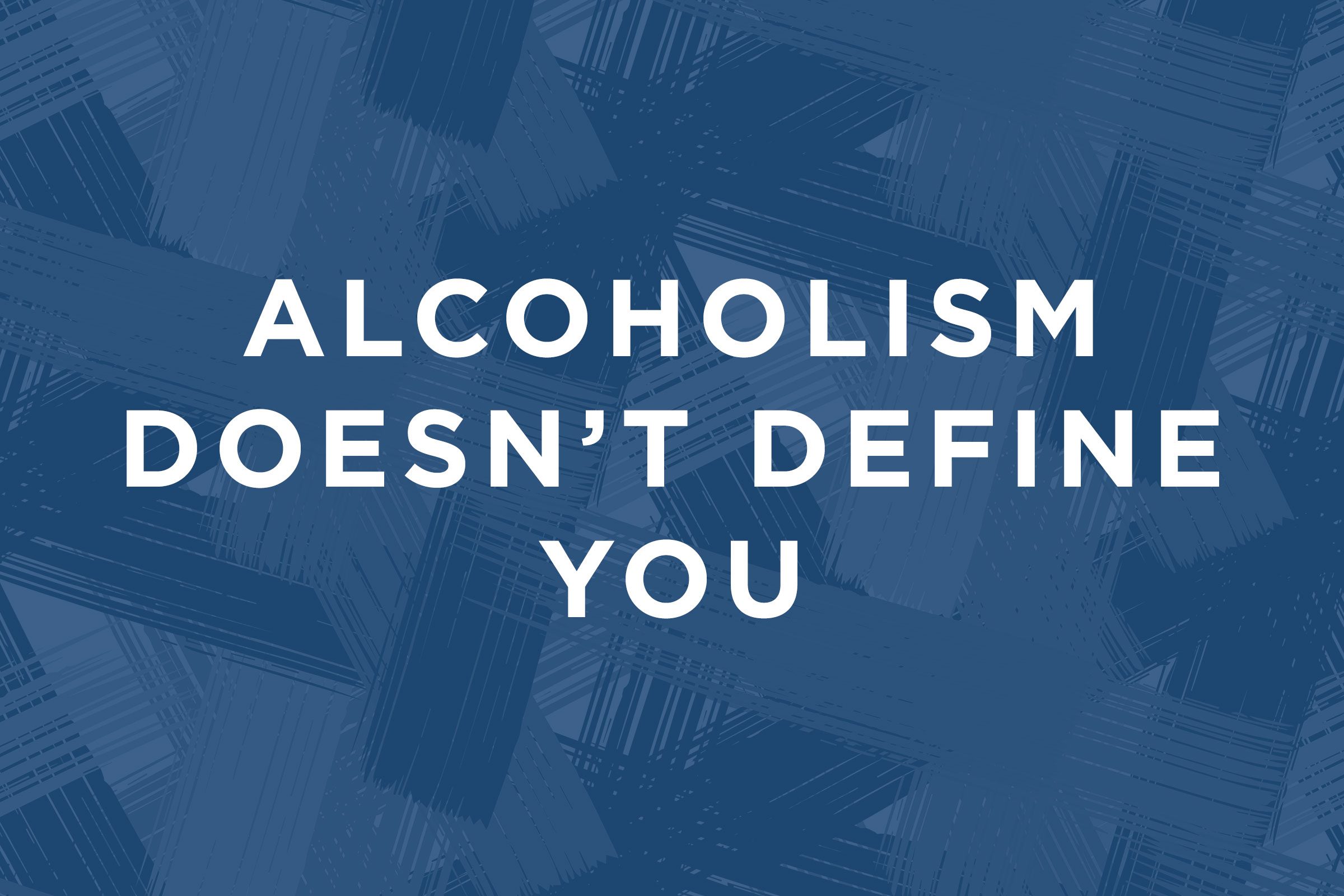
Actually, you are not an alcoholic
“Too many people frame their addiction as part of them but no matter how guilty one might feel, the addiction is not the person’s ‘identity’ and it’s nothing to be ashamed of. For instance, you are not an alcoholic—alcoholism may be a problem you have but it is not who you are. Recognizing this means a person can take control of what they have allowed to control them.” —Dr. Provost. Learn how to tell the difference between social drinking and alcoholism.
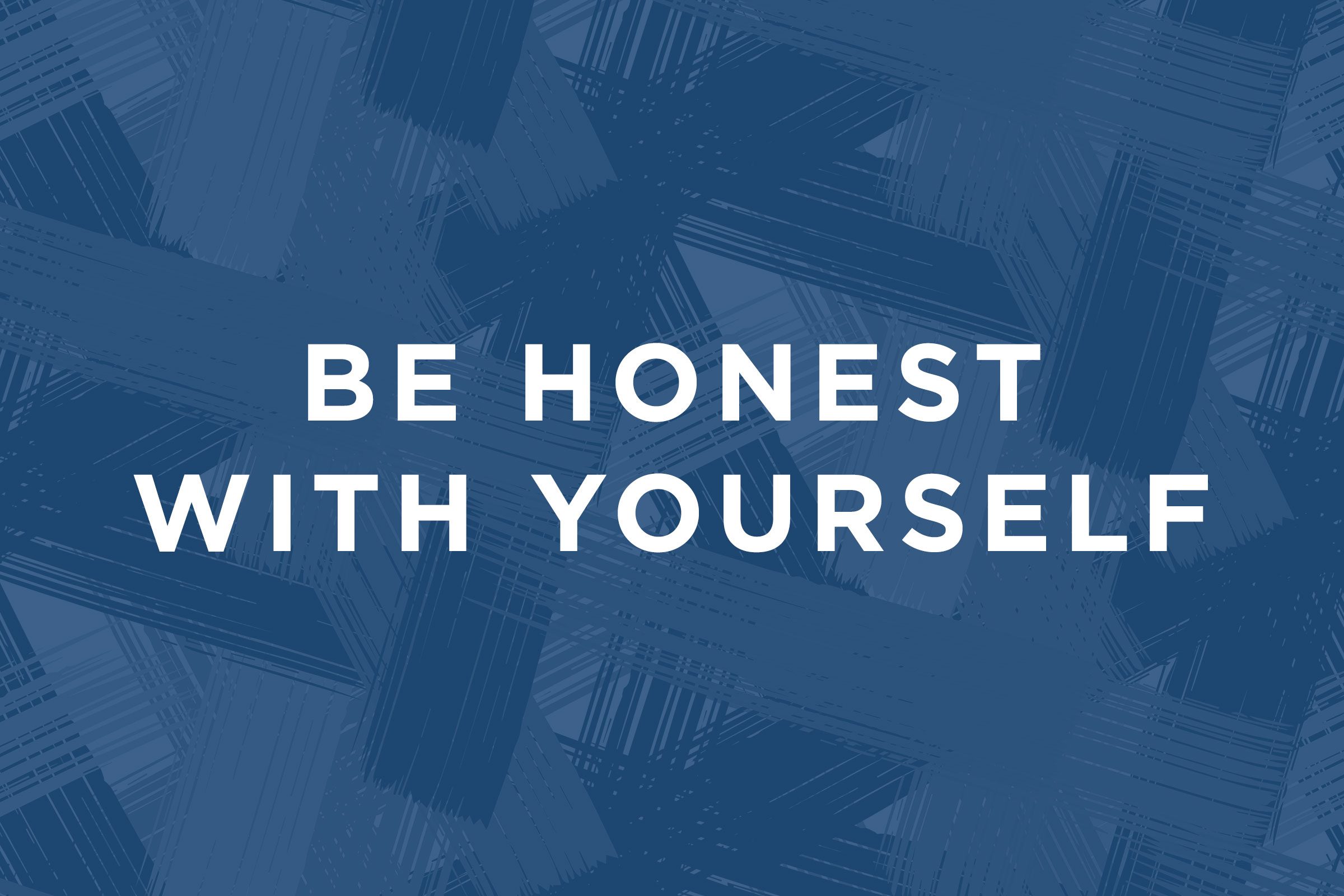
You’re not fooling anyone with your lies
“Addicts are masters of the lie, the game. But the saddest thing is the way they lie to themselves. To recover you’re going to need to be honest about your reality with others and yourself. It is not that hard or that scary, especially once you get used to the process. It’s like going into a dark closet and daring to empty out all the old boxes. You spend more energy blocking the closet door than it would take to look inside, turn the light on, and breathe in the truth.” —Dr. Hope
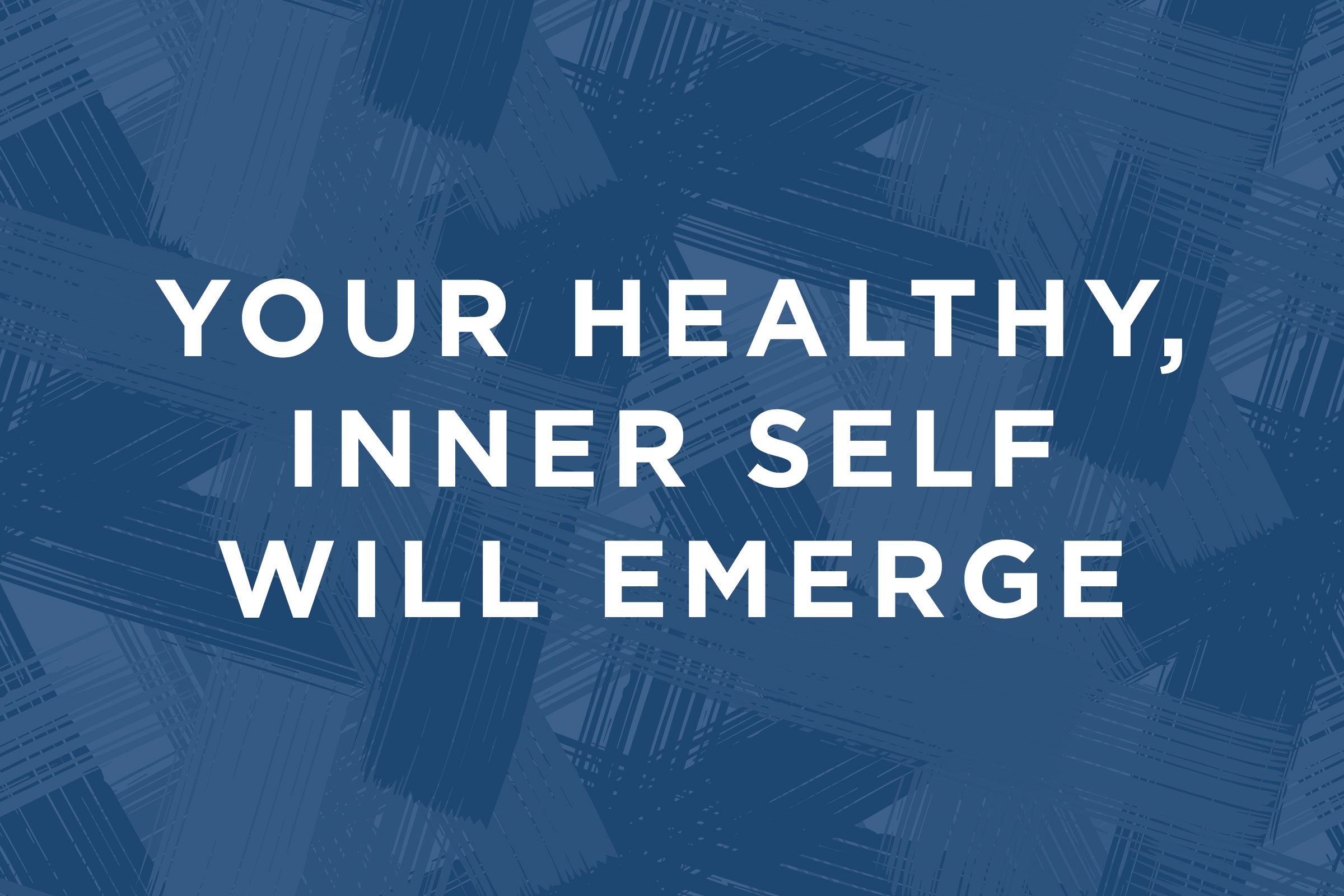
You will not become a new person
“One’s spirituality can be tested and also reinforced through the process of recovering from an addiction but rather than emerging as someone new, my perspective is to ‘allow the inner healthier person to come forth from within.’ What this means is that you are the person who has been covered up and hidden within for so long who wants to live and be happy.” —Dr. Provost
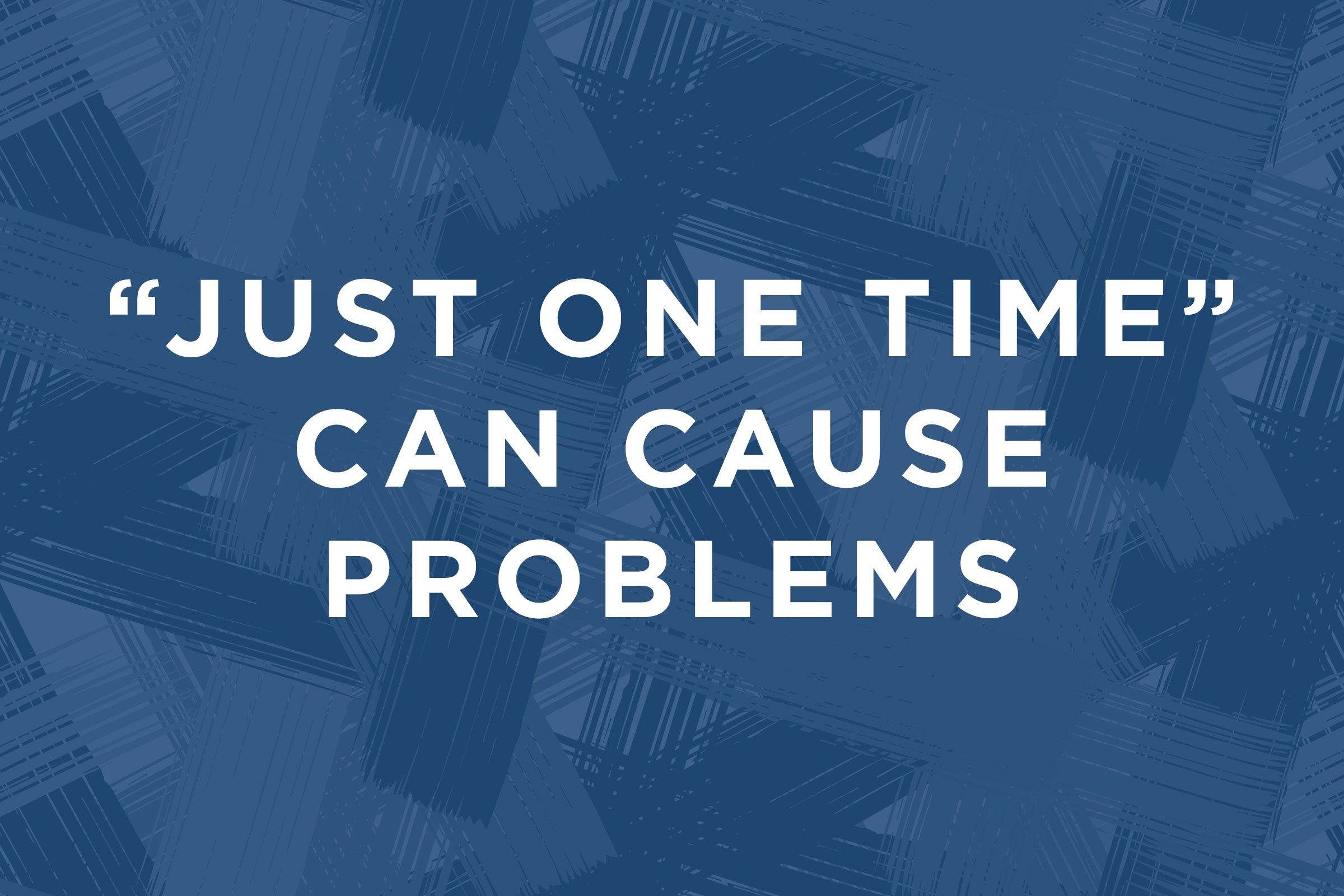
There is no such thing as moderation in addiction
“For treatment to work you must accept that you really have the problem. It doesn’t matter if you try ‘cutting down’ or say you’ll ‘only do it on the weekends.’ What causes problems is just one time. And if you are abusing a substance that is causing problems in your life, you must accept that it is the problem.” —John Templeton. Learn the things you should never say to someone who doesn’t drink, no matter what their reason.
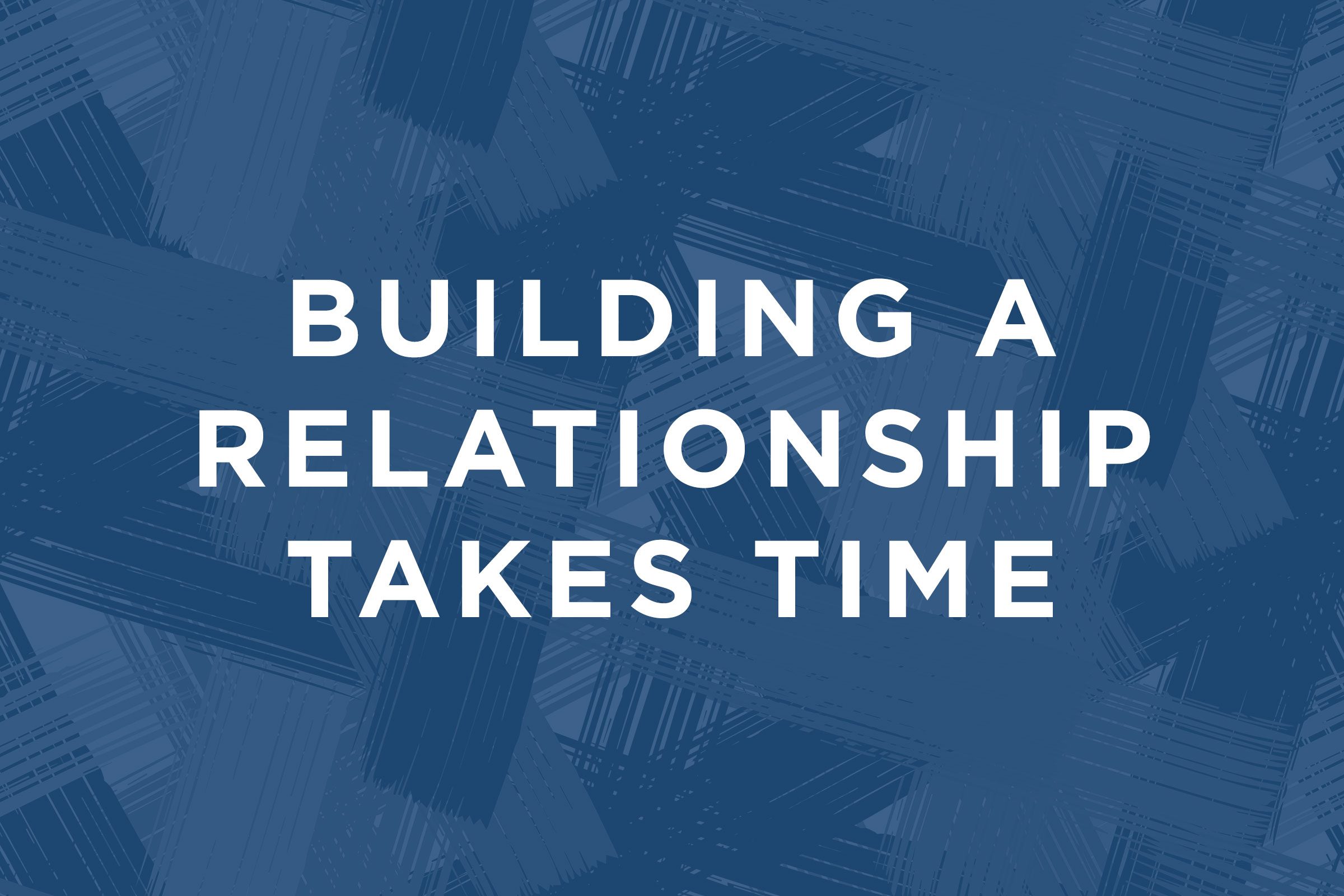
Don’t tell us everything—at first
“Working on all the contributing issues is key but don’t let everything out at once. It is important for the person seeking help to develop a safe relationship with a helping professional. This takes time to develop, but has shown to have very positive results in the long run.” —Dr. Provost. Don’t miss this story of the accidental phone call that changed one addict’s life.
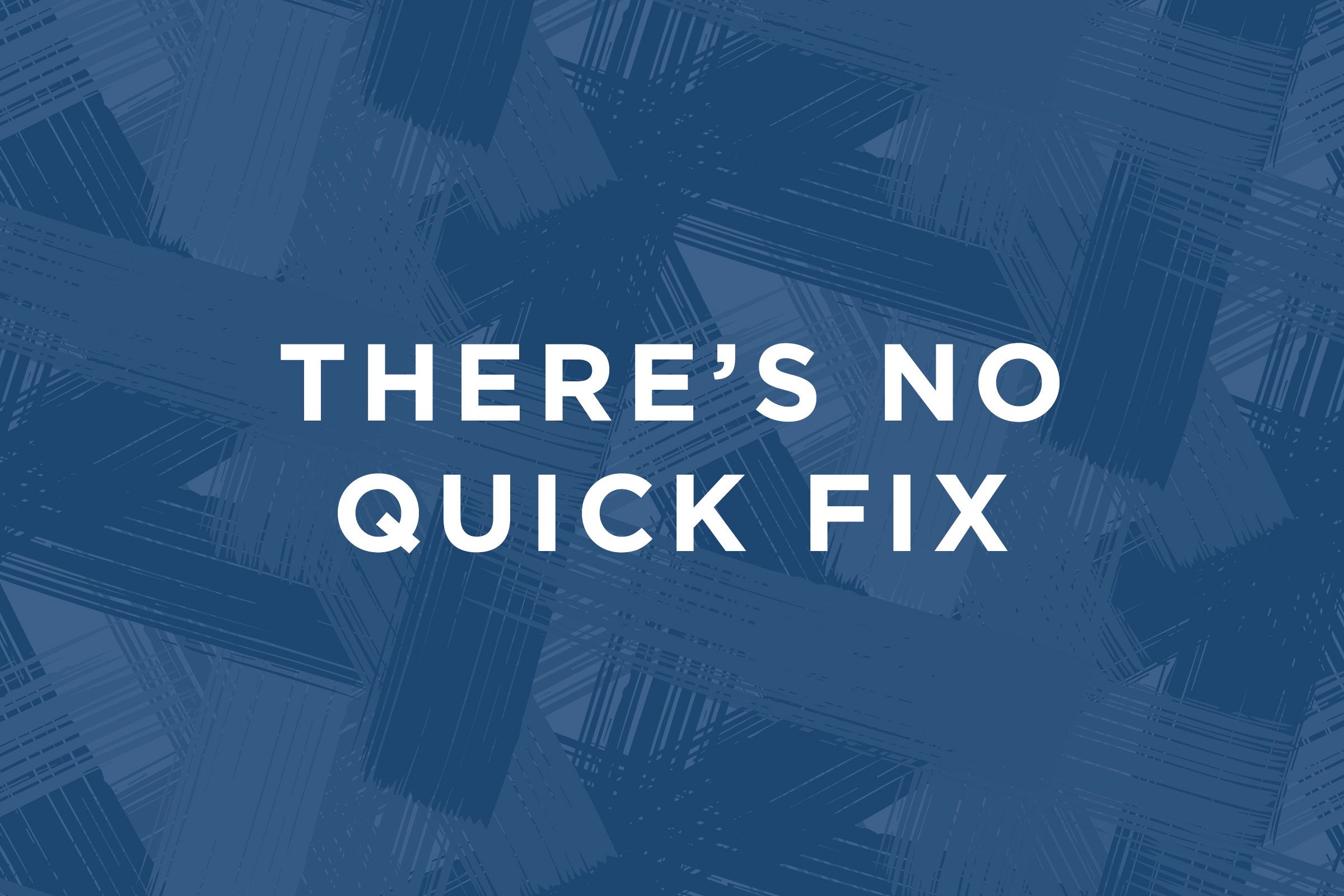
You can’t get well for someone else, no matter how much you love them
“A common problem I see in people seeking treatment for addiction is wanting a quick fix. They come in when they’re in crisis mode, often doing it solely for others rather than themselves. But this won’t work in the long run.” —Dr. Provost
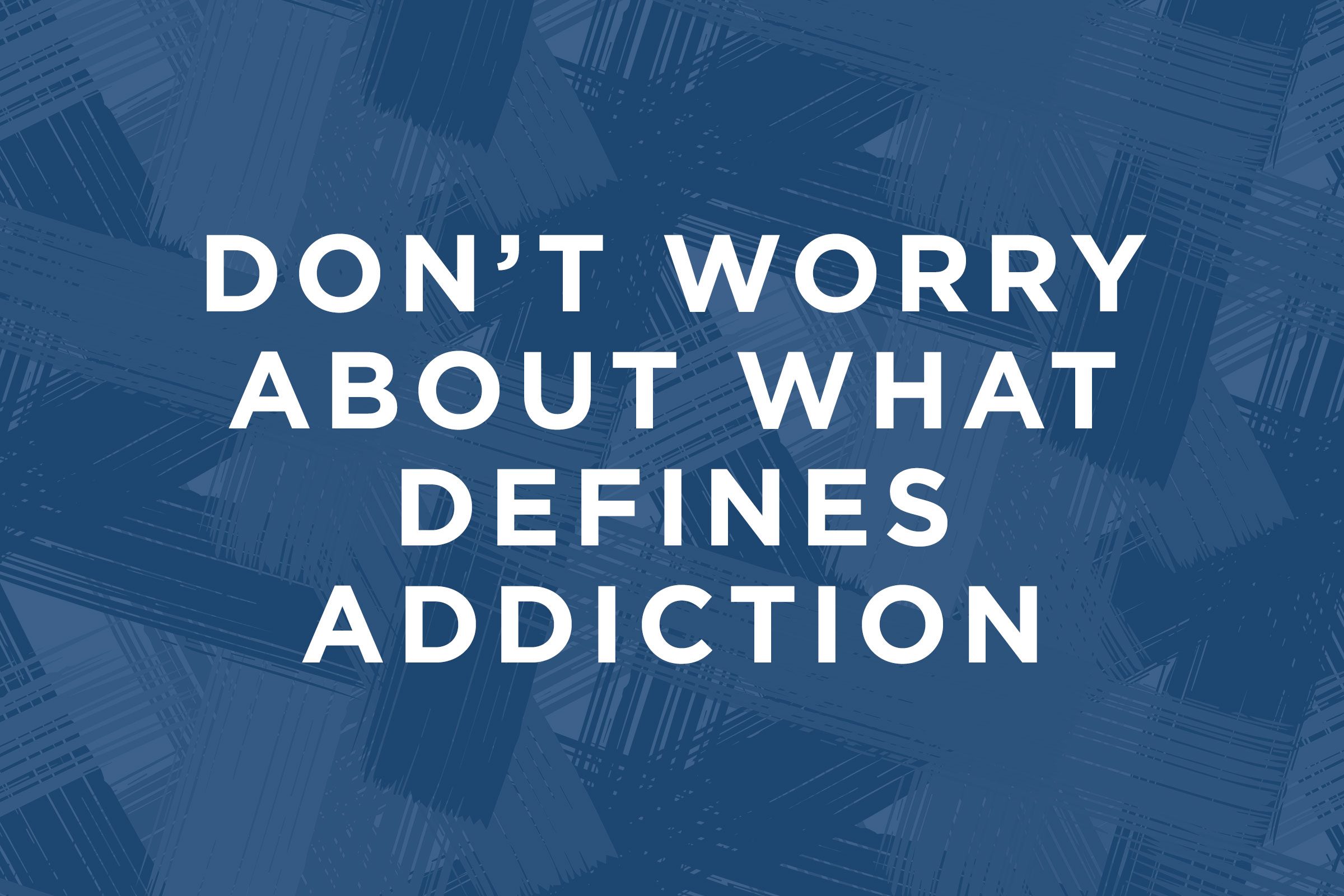
Stop searching for a root medical condition
“Too many people get caught up in what defines addiction and they are looking for a medical diagnosis to preclude them from having a problem. But if someone is experiencing problems in their lives due to a substance and continues to use despite negative consequences then they need to get help—regardless of what the root medical cause was or is.” —John Templeton
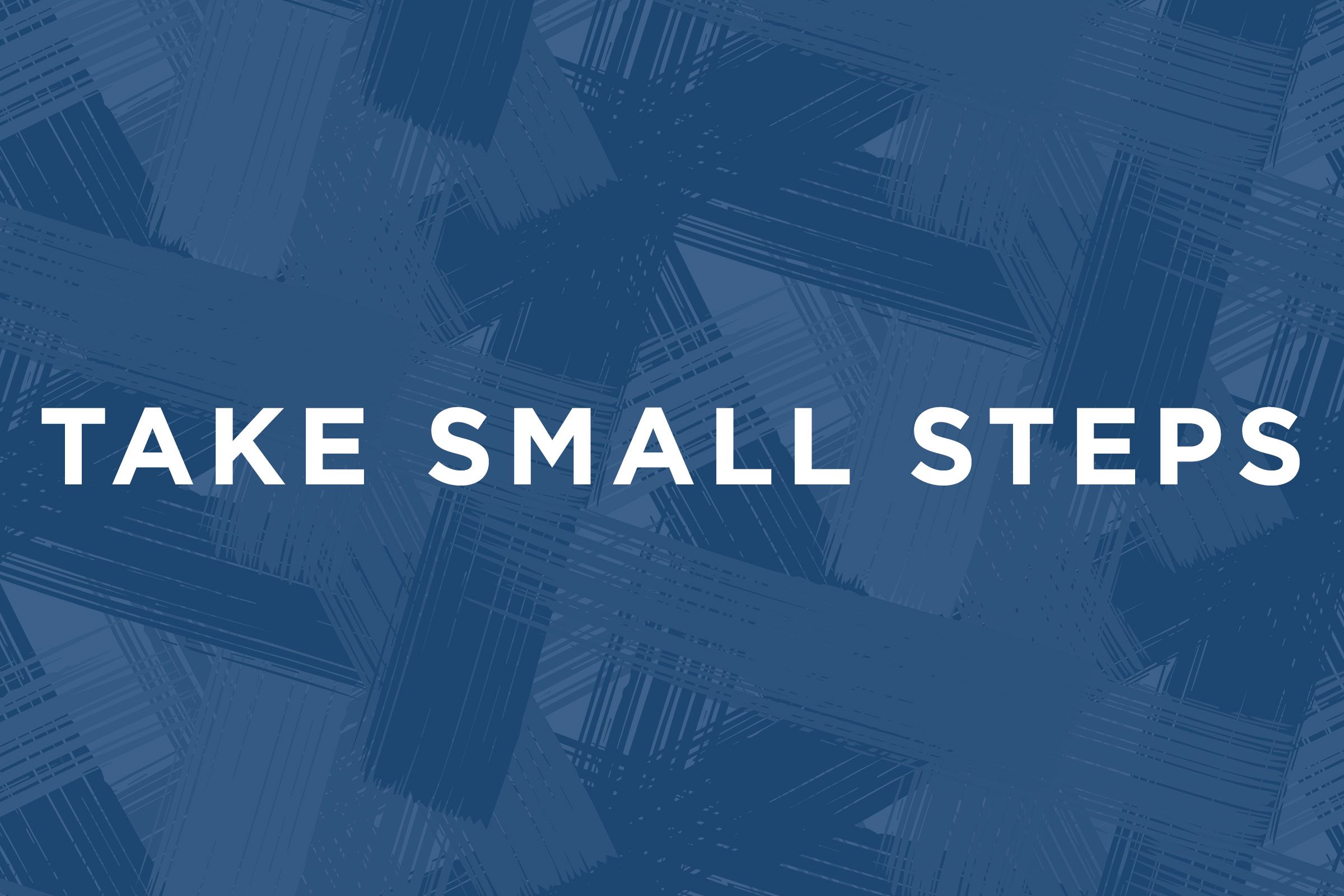
Don’t focus only on abstinence
“Trying to do a major accomplishment and focusing just on that can make people give up too early. Rather it’s better to take smaller steps and keep progressing toward recovery. It took a while to get into the addiction and it will take time to fully recover from it. This is not a quick-fix process, especially when going deeper over time with what might have been and continues to be contributing to the engagement in the addiction.” —Dr. Provost. Watch for these silent signs you’re slipping into a pain pill addiction.
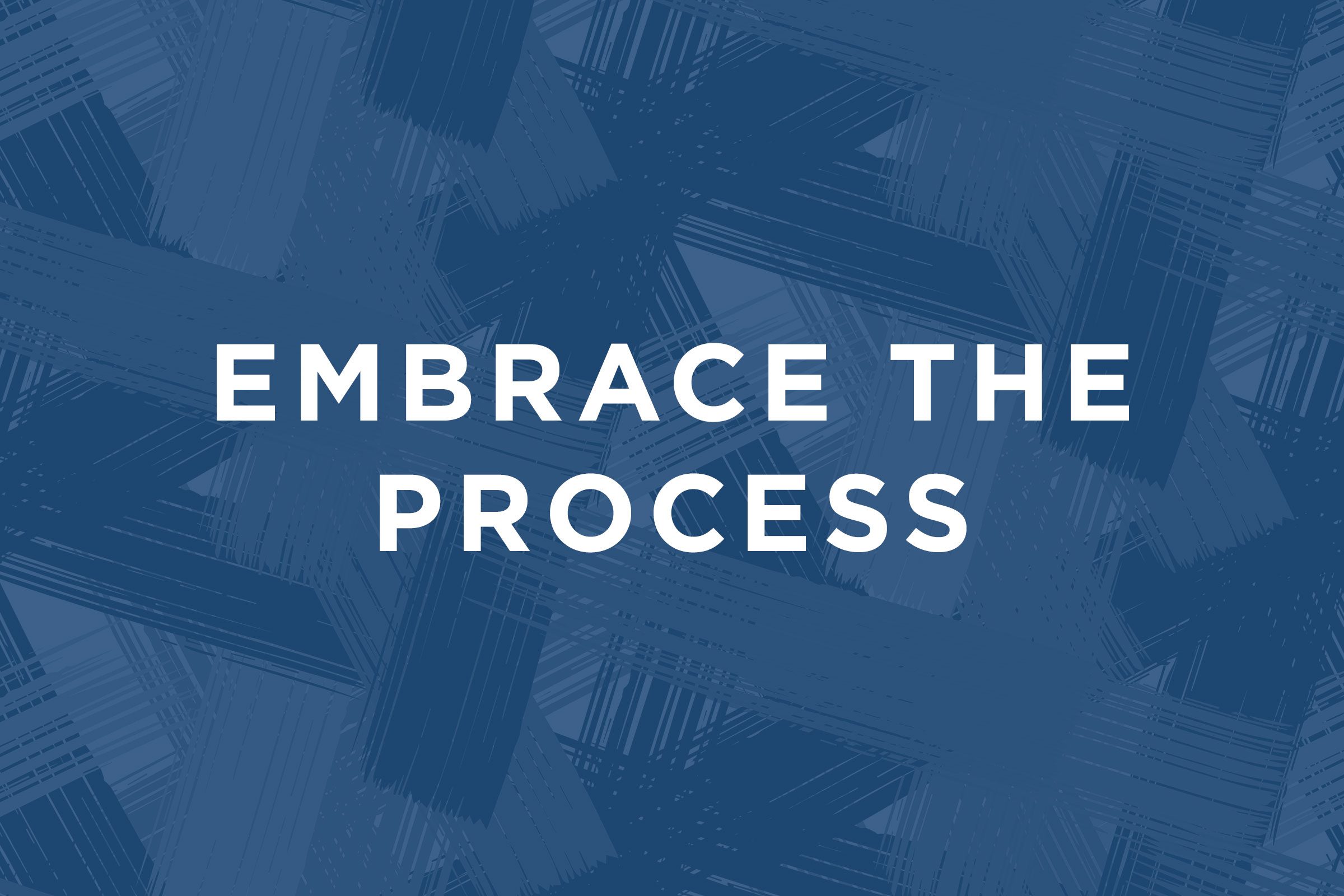
It’s going to hurt—a lot—before it gets better
“You can make the worst catastrophe become a blessing, an opportunity for real transformation and change, but first you have to crucify before you can resurrect. There is just so much trauma and pain people endure from abuse and bad childhoods and they’ve learned to use drugs and alcohol to save themselves. But that doesn’t work long term. Once they see it from a spiritual perspective they will learn to embrace the positive process of healing.” —Dr. Hope
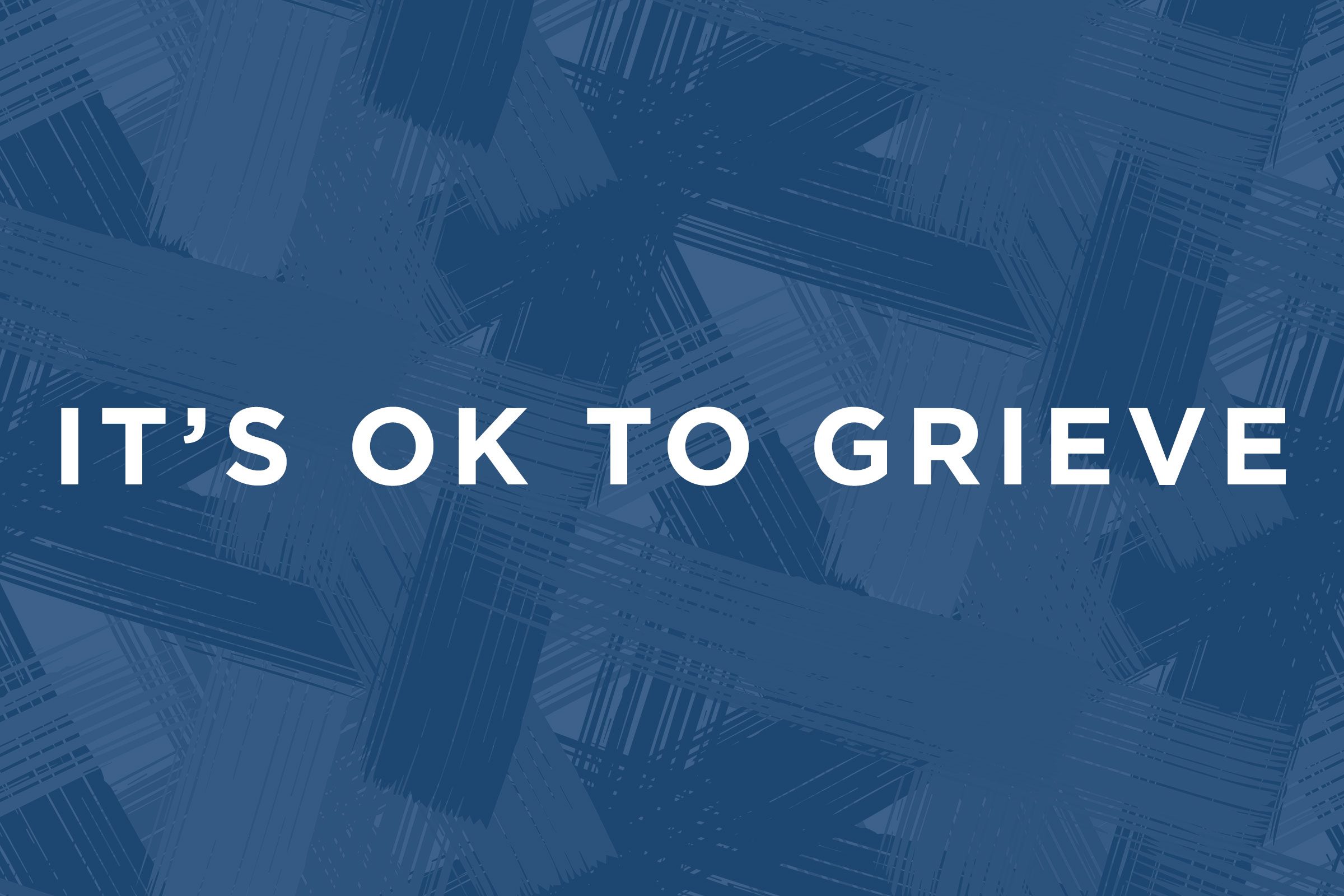
You have to mourn the loss of your drug
“Much of disengagement from an addiction is about processing your feelings of grief and loss. Just as in other relationships, giving up an addiction can be emotionally distressing. Trusting that the emotional pain will ease over time as with any loss, believing that this can be done, and venturing in a new way of being and living does take a lot of strength and courage.” —Dr. Provost. Find out the safest amount of alcohol to drink if you aren’t addicted.
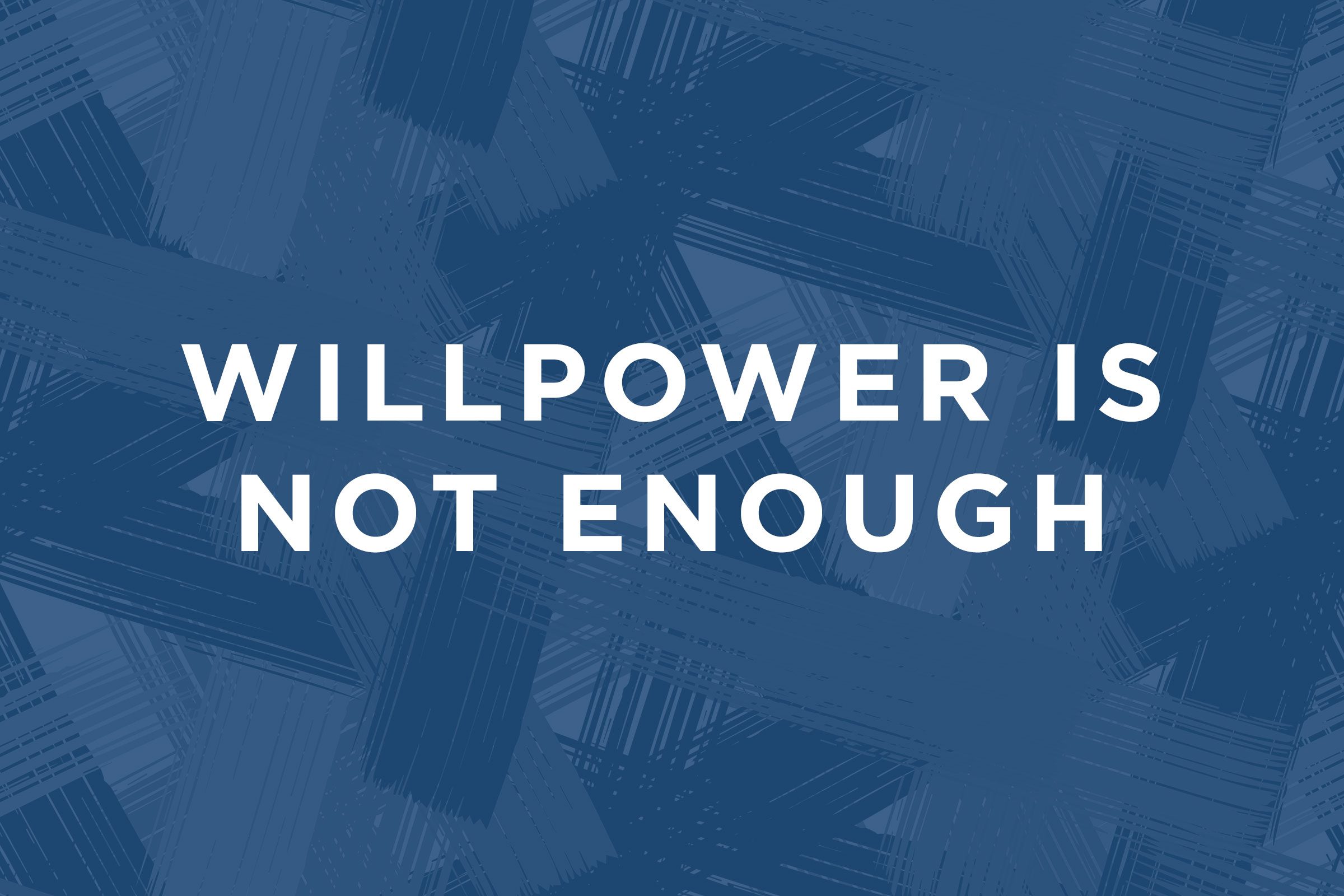
You’re going to have to reevaluate every single relationship in your life
“Part of recovery is looking at all the relationships in your life and if someone is not healthy for you, it is important to detach from that relationship. When someone uses drugs or drinks, their substance use is affected by who they hang out with and where they go. A successful treatment center will help individuals recognize the behavior patterns that are unhealthy and identify the poor relationships that will be triggers for someone to use. For instance, someone who is in recovery from heroin abuse simply cannot go to the same hangouts and be with the same friends they used to. Too many people think that willpower alone will be enough to abstain in a very unhealthy environment. It isn’t.” —John Templeton
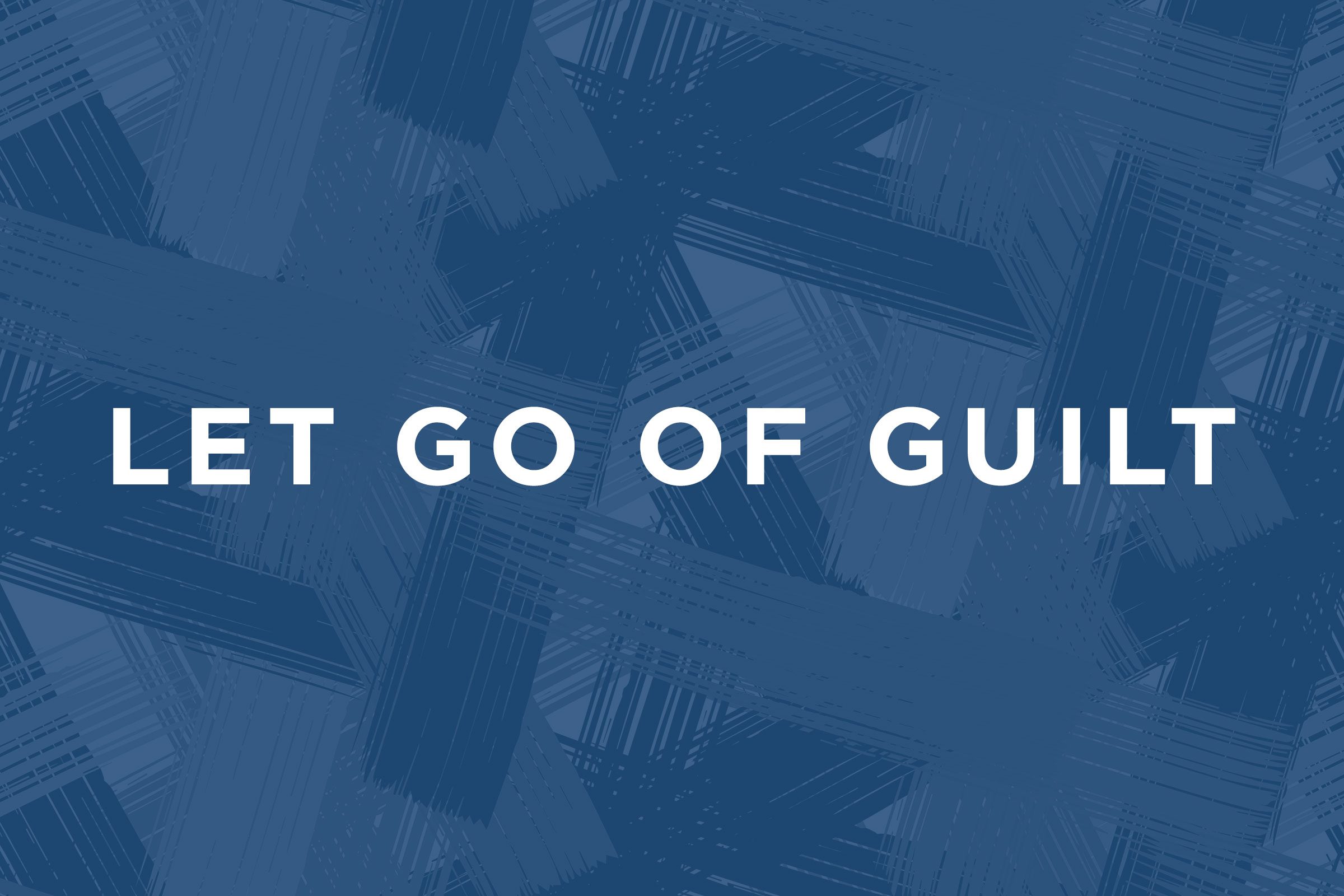
Punishing yourself doesn’t help anyone
“Addicts must learn to let go of shame and guilt. People spend too much time feeling sorry for themselves or eternally punishing themselves but the best way to make things right is to clean things up quickly and get back into your center. Even in our court system, we pay the debts and then move on.” —Dr. Hope
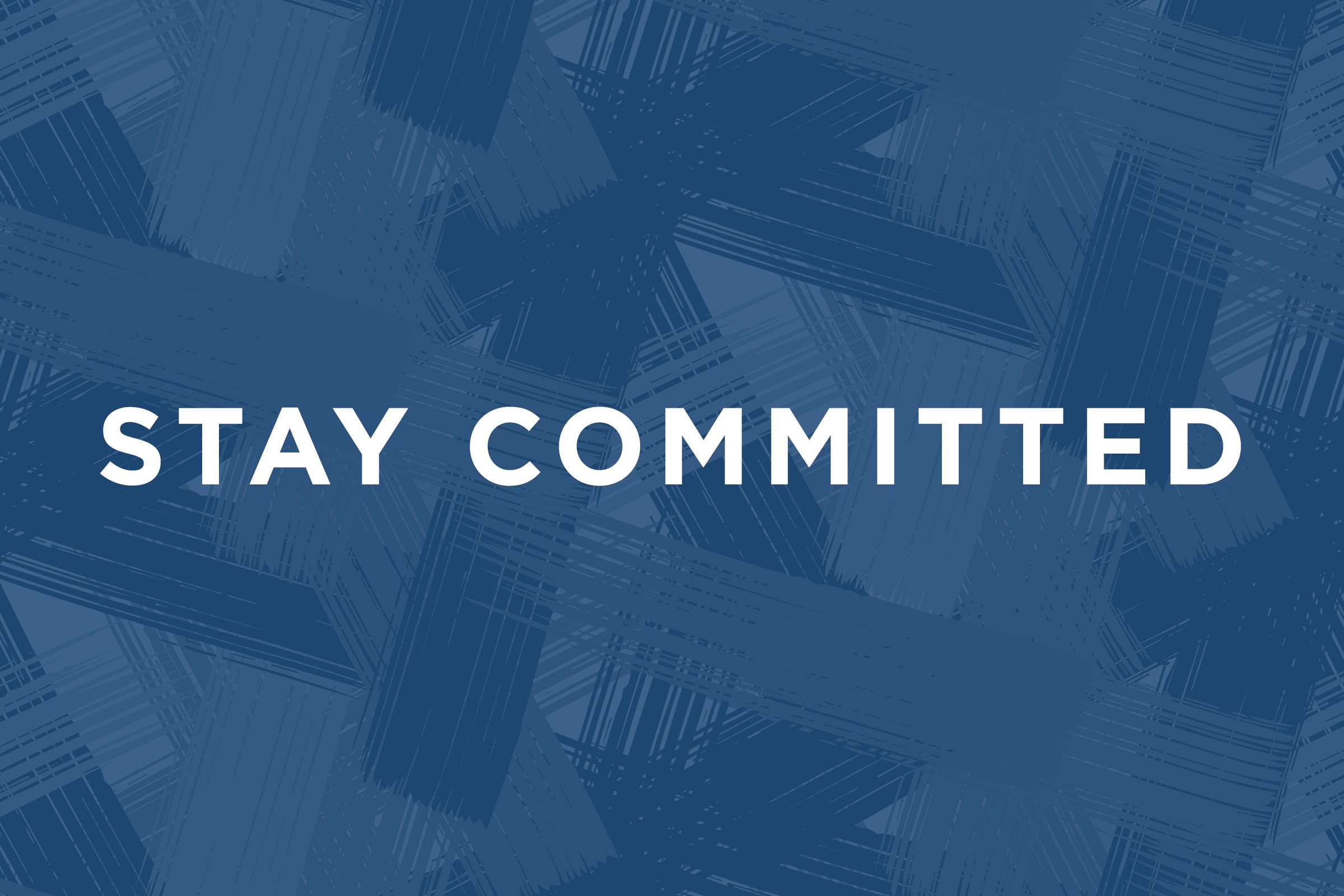
Feel good, but don’t get comfortable
“Post treatment, the feeling of living a new, healthy balanced life will feel really great. People start to look better and feel better than they have in years as they start to feel the rewards of getting clean. The enemy to this is complacency. Some people think that the work is done once you feel better but the opposite is true. You have to keep doing the things that are improving your life. Stay committed to the support groups, stay in contact with mentors, keep that yoga or gym membership, and keep that balance in your life.” —John Templeton. Learn the one thing that saved a man who lost his job and house from an opiate addiction.
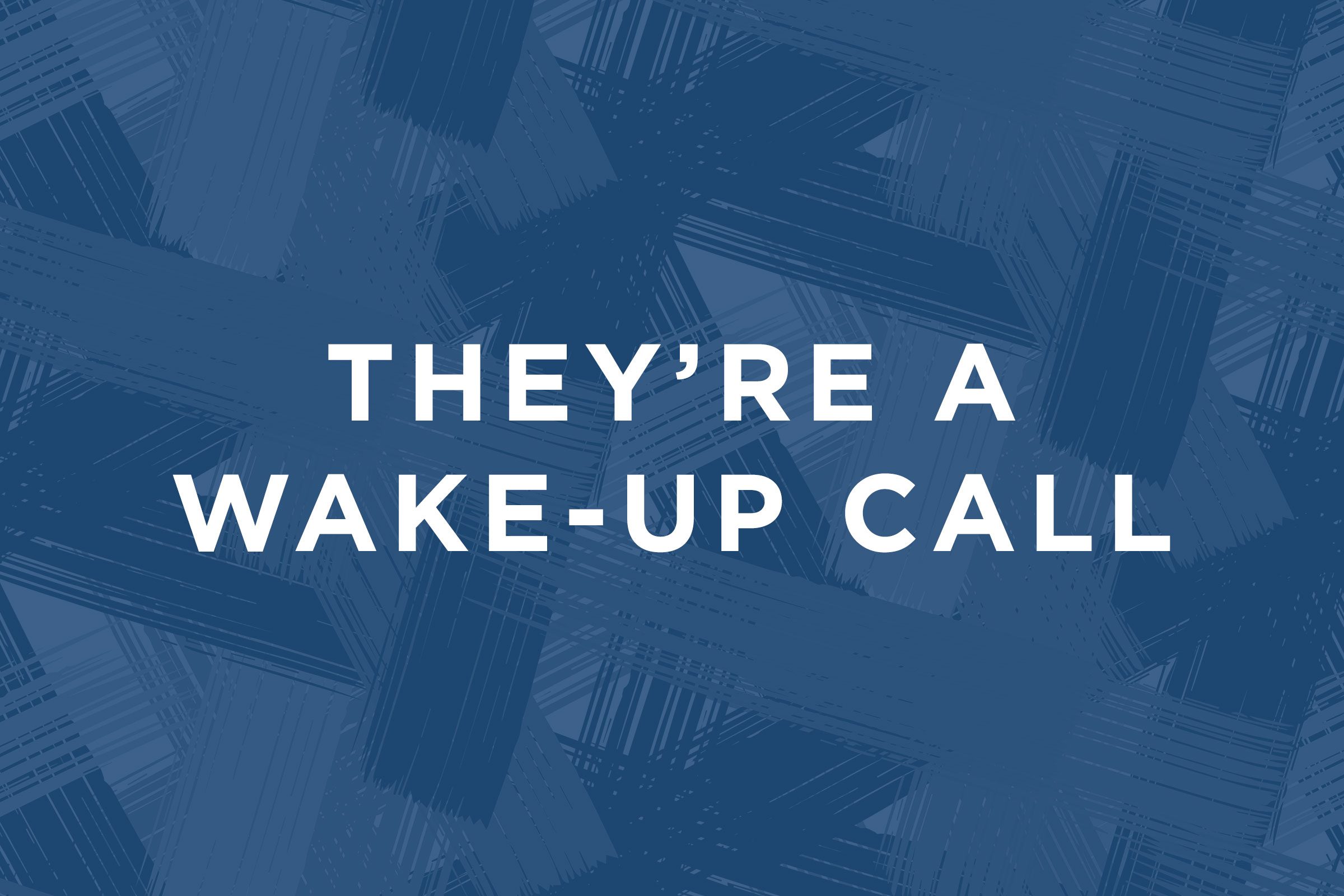
People don’t do drugs or drink because it’s fun
“People never abuse drugs and alcohol just for the sheer fun of it or because they are bored. There is always a deep core soul issue, an underlying reason. Drugs and alcohol are a wake-up call, a guidepost to show you where to look to begin a spiritual journey toward a healthy life.” —Dr. Hope
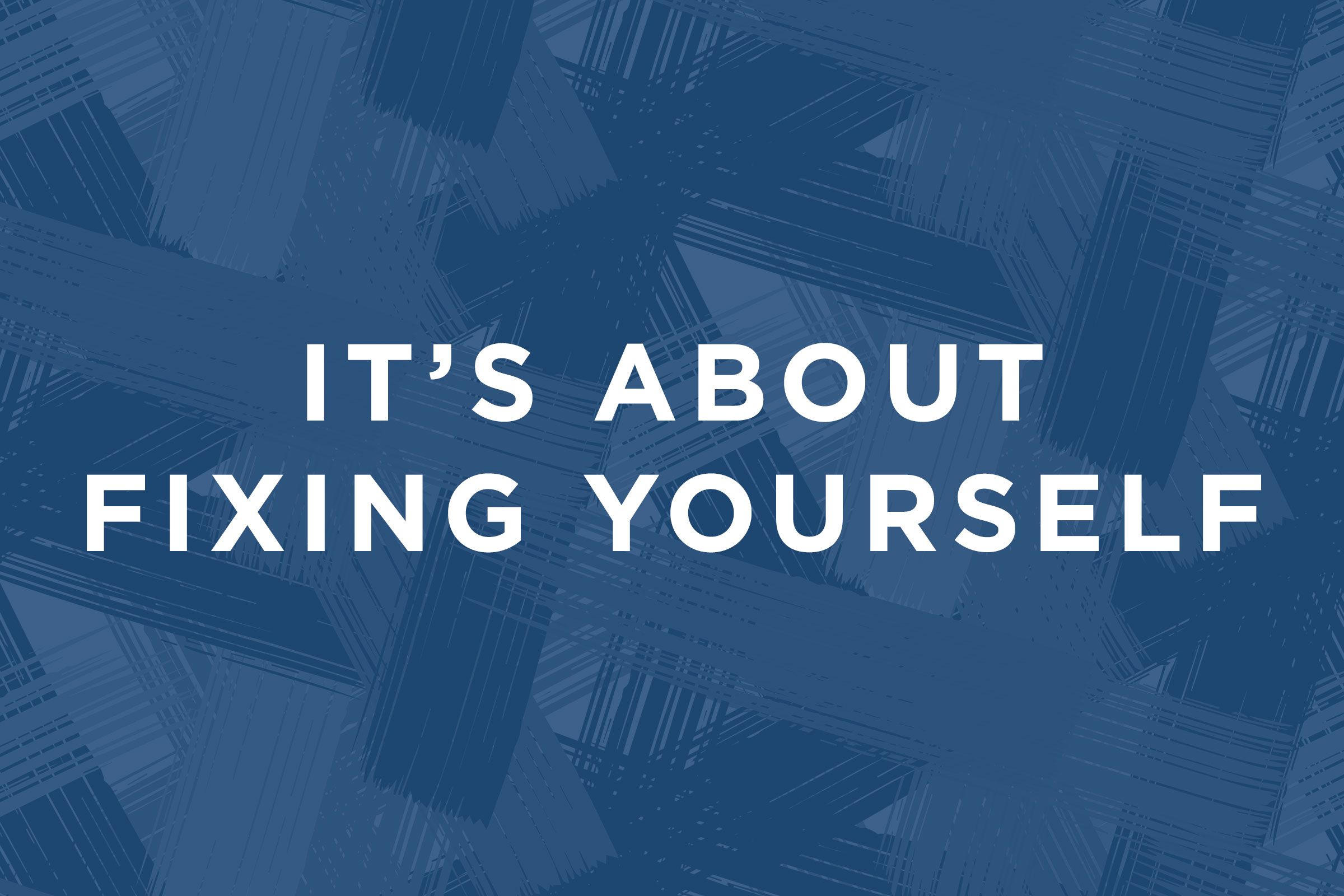
You can’t blame your problems on someone else, even if it’s true
“It is not what others do to us that is the problem. The real issue is what we do to ourselves because of them. People suffer with addiction from a deep loss of self, often feeling that they have separated from themselves. They must heal this loss of self, return to their authentic self, to heal the addiction.” —Dr. Hope. Watch for these silent signs your teen is abusing drugs.